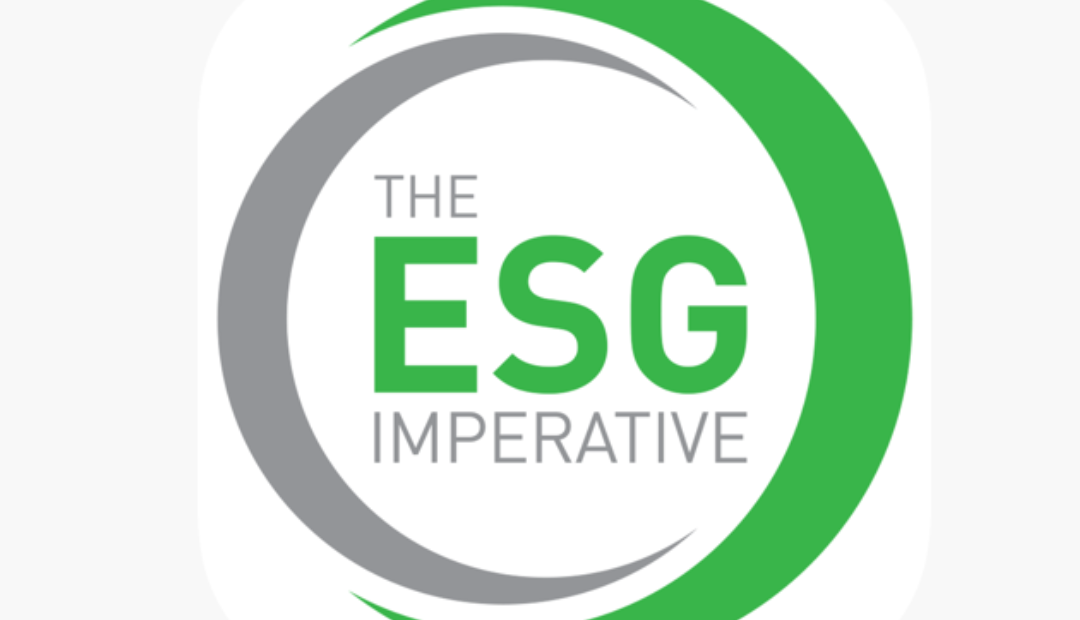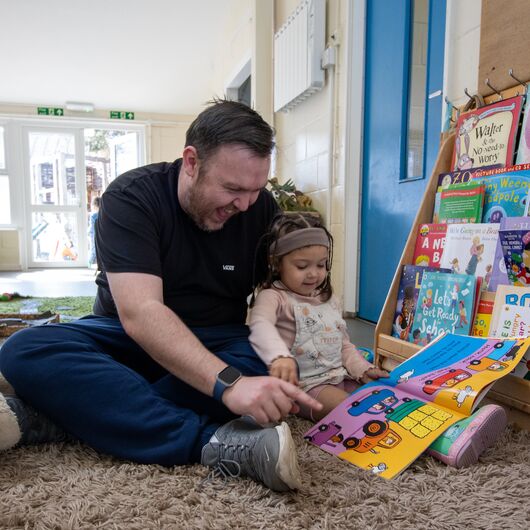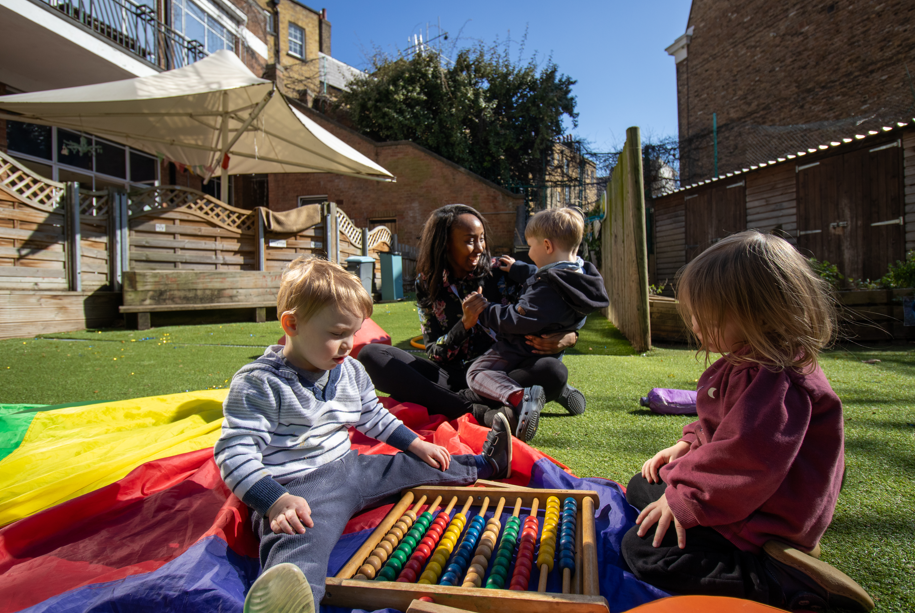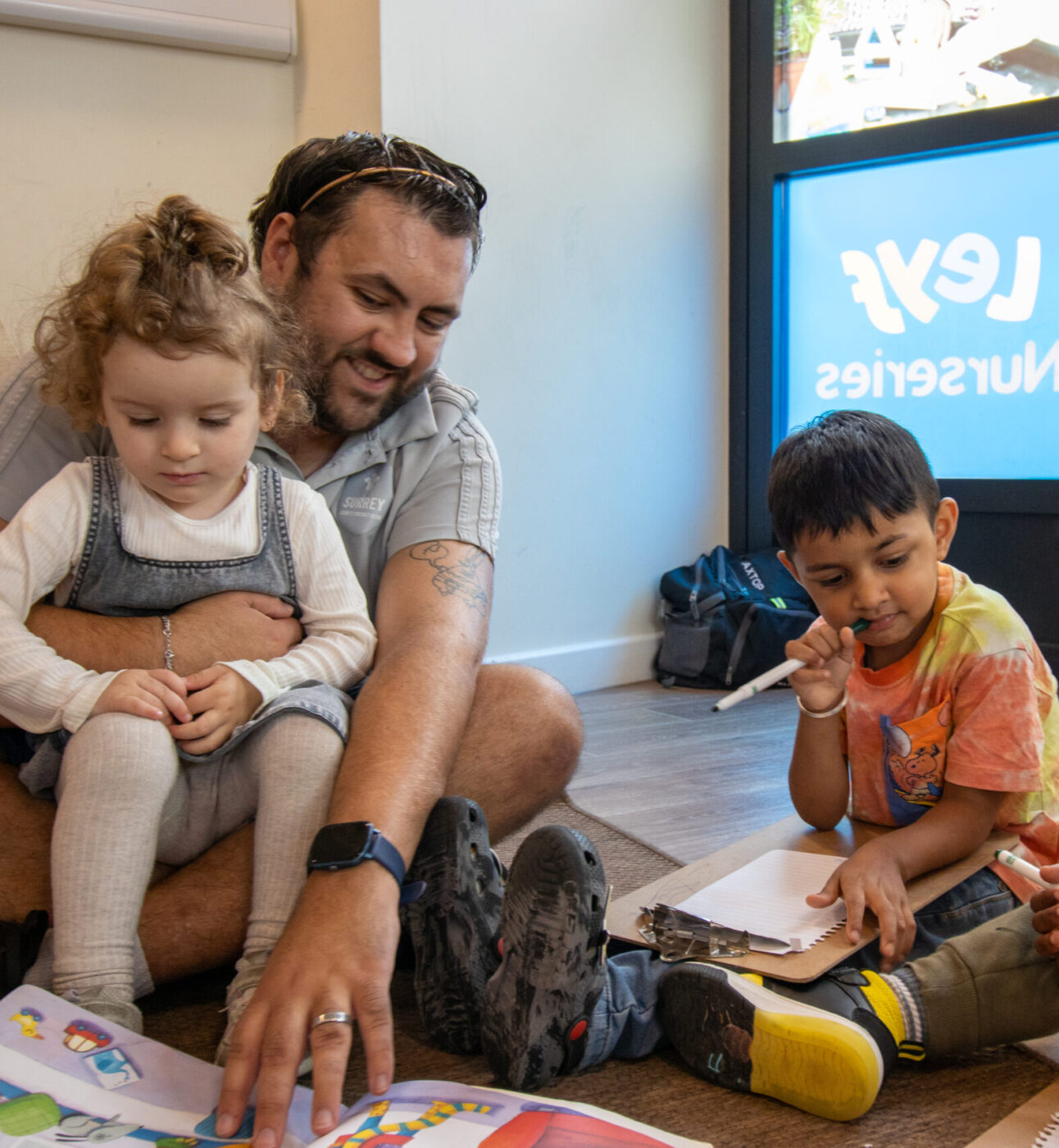
From Supply Chains to Sandpits: Why ESG in Early Years Matters
Context: Why ESG Is Rising Up the Agenda I joined an audience of charities and investors at the ESG Imperative Conference, organised by…
October 7th 2025
While I was at the Labour Party conference last week, I listened to Maya Ellis MP talk about why it was important to establish an APPG for Babies (Pregnancy to Under 2s). This resonated with me as I strongly believe that the provision of high-quality accessible and sustainable services for babies is a social justice issue.
Social justice in the Early Years is about fairness, access, equity, children’s voices and sustainability and right now this is not guaranteed for many of our babies. Although disadvantage is concentrated among very young families with 36% of children in poverty living in households whose youngest child is under five (Lords Library, 2024), the childcare expansion risks missing those who need it most. Take-up of formal childcare is much lower among poorer families, and settings in deprived areas often have fewer places and lower-quality provision (IPPR & Save the Children, 2024; House of Commons Library, 2023).
Family support and early learning programmes, which are known to strengthen home-learning environments and improve outcomes, remain patchy and under-funded and access to wider parenting support services is uneven (National Audit Office, 2023; Nuffield Foundation, 2023). Nurseries in disadvantaged communities are also financially fragile, closing more frequently than in wealthier areas and the early years pupil premium is small compared with school-age investment (Local Government Association & Isos Partnership, 2023; National Day Nurseries Association, 2024).
At the same time, the sector faces acute workforce shortages, with too few qualified specialised staff to lead baby rooms, undermining the guarantee of consistent, high-quality provision for babies who cannot advocate for themselves (Department for Education, 2023; NDNA, 2024). The recent Quality in the Baby Room: Actionable Findings from a Global Evidence Review (Sakr, Bonetti & Halls, 2024/25) supports the importance of well-designed baby rooms led by specialist trained baby staff and smaller ratios to ensure higher-quality outcomes. This is a battle yet to be won, especially when considering other reviews taking place such as the DfE consultation on space where larger numbers of children are being considered by including the space outside.

An APPG is an All-Party Parliamentary Group made up of members of both Houses of Parliament (MPs and Lords) who share a common interest in a policy area or issue. APPGs have no official legislative power but serve as forums for discussion, bringing together parliamentarians, experts, charities, and stakeholders to influence policy, hold inquiries, and engage with government around a shared purpose. In this case, to help the government make informed decisions about Early Years policy, grounded in evidence and lived experience including influencing investment and equity in provision like Start for Life across the UK.
Chair: Maya Ellis MP for Ribble Valley, (Labour)
Vice-Chairs / Officers: Elsie Blundell MP for Heywood and Middleton North (Labour), Freddie van Mierlo MP for Henley and Thames (Liberal Democrat), Patrick Spencer MP for Central Suffolk and North Ipswich (Independent)
The Secretariat is the Parent-Infant Foundation which provides administrative support for the APPG. The Parent-Infant Foundation is an organisation which supports the development of parent-infant relationship services across the UK to support shared learning and quality improvement in the whole sector.

Context: Why ESG Is Rising Up the Agenda I joined an audience of charities and investors at the ESG Imperative Conference, organised by…

Why listen to this episode? Hear directly from Professor Barbara Rogoff on sociocultural learning and how children learn through participation Explore why culture and…

The Government’s Best Start strategy signals an intention to look again at Early Years business models and examine whether they can truly deliver for disadvantaged communities. It is a welcome…